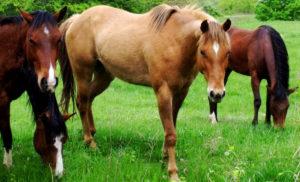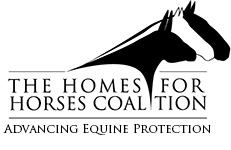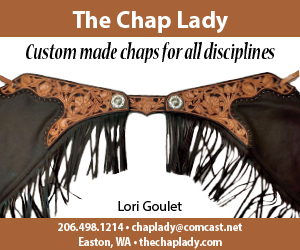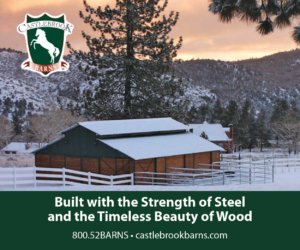 A good equine rescue provides an invaluable service to animals and people alike. These organizations fill a void that municipalities often can’t and are an asset to their communities, deserving of support. Whether you are trying to obtain a horse or place one, you want to seek out a reputable equine rescue. Rescues should be open to visitors either by appointment or on a schedule. Here are things to look for:
A good equine rescue provides an invaluable service to animals and people alike. These organizations fill a void that municipalities often can’t and are an asset to their communities, deserving of support. Whether you are trying to obtain a horse or place one, you want to seek out a reputable equine rescue. Rescues should be open to visitors either by appointment or on a schedule. Here are things to look for:
- Sound horse care – adequate housing and pasture space for the number of equines on the property, clean filled water buckets, horses have pasture or hay for grazing, feet are trimmed, sick horses are quarantined, skinny horses are on a feeding plan, and wounds are being treated. Although rescues take in horses in poor condition, the majority of the residents should appear in good health and medical records should be available.
- Clean Well-organized Property – clutter is under control, manure is managed, fencing is safe and in good repair, hay is not kept in the same structure as horses, and a fire prevention plan is in place.
- Transparency – freely provides 990 and contact information for organizational leadership upon request, maintains 501(c)(3) IRS status and reports annually (you can check nonprofit status on the Exempt Organizations page of the IRS’s website), has a website and social media vehicles that are up-to-date and informative about adoptable and adopted horses, events and actions, has an appropriate budget, financial cushion, and an understanding of resource capacity.
- Collaboration – works with local law enforcement or the public to rehome horses in need or provide sanctuary, maintains membership in local and/or national coalitions, horse councils and pertinent organizations, provides community programs and has busy and knowledgeable volunteers.
- Credentials – licensed by the state (where applicable), verified or accredited by the Global Federation of Animal Sanctuaries or the Thoroughbred Aftercare Alliance if eligible, good BBB rating and good Charity Navigator and Great Nonprofits ratings.
- Professionalism – maintains a good reputation in the community including with veterinarians and farriers, does not exploit grisly situations or graphic pictures for fundraising, and is not publicly malicious.
When you adopt a horse from a rescue, you save two lives, the one you adopt and the one who takes its place. When you adopt from a good equine rescue, you have full disclosure on the strengths and weaknesses, training, health conditions and personality of your new family member. You get a horse that has been properly vetted and had all of his medical needs met. A solid rescue organization honestly evaluates their horses and freely provides that information. Unlike a seller whose motivation is profit, a rescue’s motivation is long-term placement in a well-matched home.
Before contributing to or adopting from any rescue group, be sure to do your own research to make sure your time and money are going to a worthy organization. Fortunately, there are many professional, honest hard-working rescues dedicated to improving equine lives. With a little vetting, you are sure to find one. If you need assistance, contact The Homes for Horses Coalition at [email protected] or check-out our website: www.homesforhorses.org.
About The Homes for Horses Coalition
 The Homes for Horses Coalition is supported by the ASPCA (The American Society for the Prevention of Cruelty to Animals®), the Animal Welfare Institute and The Humane Society of the United States’ Jeannie and Jim Dodson Equine Protection Fund. It is dedicated to ending horse slaughter and other forms of equine abuse, while promoting growth, collaboration and professionalism in the equine rescue and protection community. Find us online at www.homesforhorses.org and on Facebook at http://www.facebook.com/#!/HomesforHorses.
The Homes for Horses Coalition is supported by the ASPCA (The American Society for the Prevention of Cruelty to Animals®), the Animal Welfare Institute and The Humane Society of the United States’ Jeannie and Jim Dodson Equine Protection Fund. It is dedicated to ending horse slaughter and other forms of equine abuse, while promoting growth, collaboration and professionalism in the equine rescue and protection community. Find us online at www.homesforhorses.org and on Facebook at http://www.facebook.com/#!/HomesforHorses.

The Northwest Horse Source is an independently owned and operated print and online magazine for horse owners and enthusiasts of all breeds and disciplines in the Pacific Northwest. Our contemporary editorial columns are predominantly written by experts in the region, covering the care, training, keeping and enjoyment of horses, with an eye to the specific concerns in our region.





